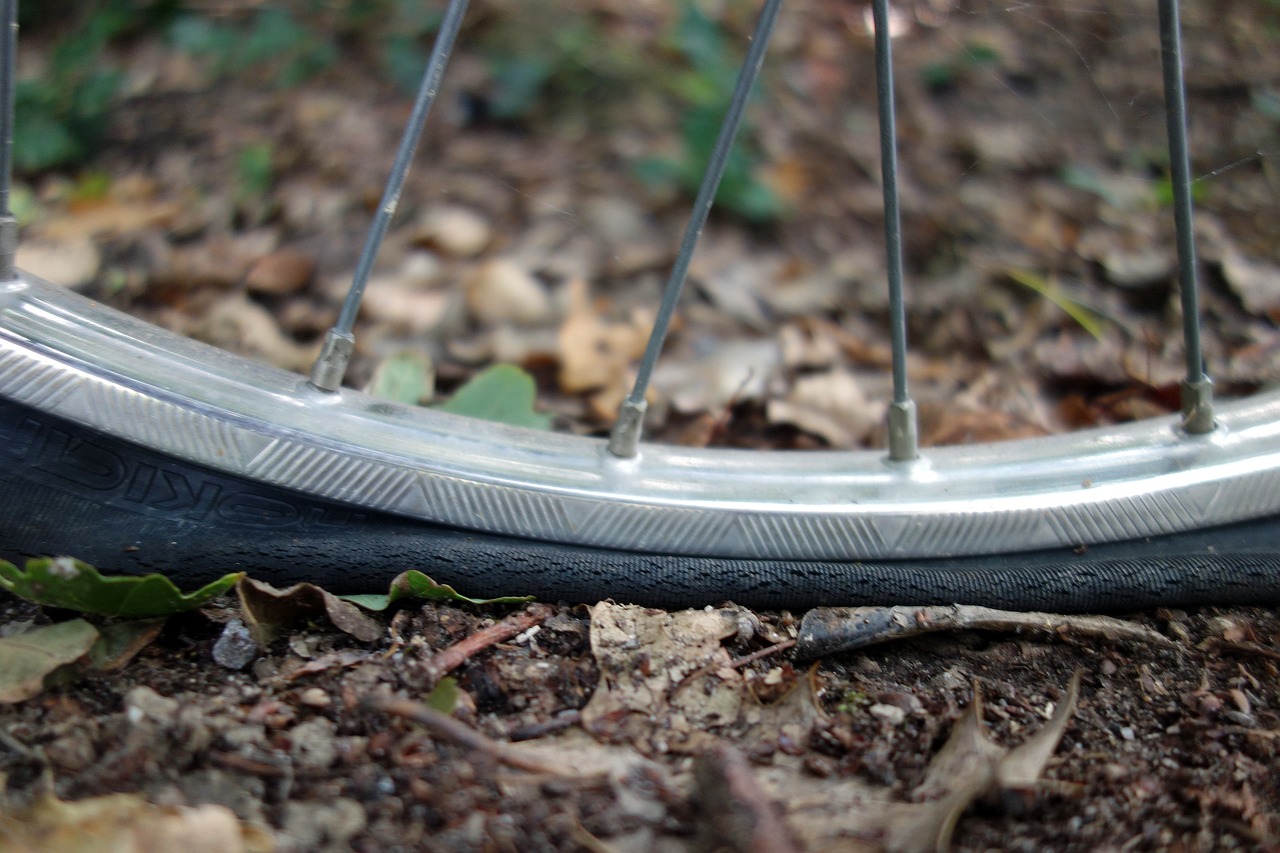UCI Tackles Head Injuries Concern
Concussion in sport has recently become a prominent issue,
like those sustained in boxing, rugby or football,
the danger to elite cyclists are different.
There is always a possibility of having a concussive head injury
while road racing, no one expects to have this type of injury regularly.
In elite racing, the problem is often the lack of
attempt at diagnosis following an accident.
If a rugby player sustains a head injury, they can rest a few games for assessment.
On crashing most bike racers will try to continue the race.
This results in a lack of treatment for the biker, plus the risk
of further crashes involving them or other riders if they concussion and are not aware of it.
Greater roadside assessment
Race doctors cannot be everywhere, the UCI’s solution is to train more people involved
in racing to spot signs of concussion.
The difficulties that cycling faces are the time it can take to reach injured
racers and the ability of first responders to move them from the road,
confirm the diagnosis, and make a snap decision on whether they should be return
or withdraw from the race.
The protocol recommends that non-health professionals,
like coaches, Sport Directors, mechanics and even riders be trained to recognise
the signs of suspected SRC.
With huge emotional and financial reasons for riders to get back on their bike, the
idea is to train a wider range of people who might be first on the scene to help assessing them.
If signs are detected, the diagnosis will need to be confirmed by the race doctor.
In the absence of any initial signs pointing to SRC, the rider should be monitored.
Should a rider be found to be concussed, the protocol also sets a time limit for their return to racing.
A period of complete rest from 24 and 48 hours along with a break from competition
for a minimum of seven days after their symptoms have gone.
UCI Tackles Head Injuries
Cycling now has guidelines that set out the various stages involved in dealing with SRC.
Wear a cycling helmet





